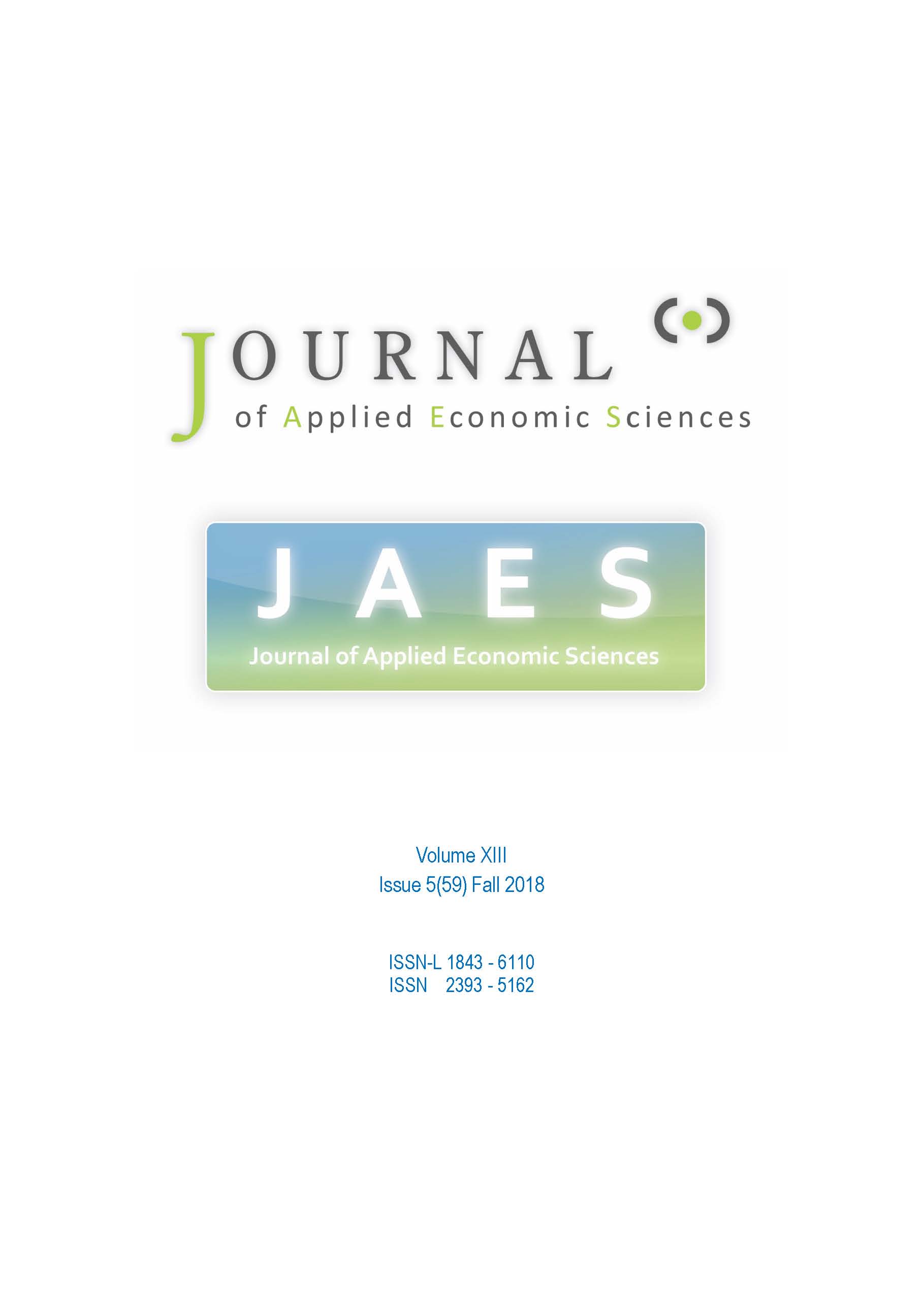Corporate Social Responsibility and Company’s Economic Efficiency: Russian Experience
Corporate Social Responsibility and Company’s Economic Efficiency: Russian Experience
Author(s): Elena Razumovskaya, Maxim MARAMYGIN, Tatyana Reshetnikova, Aleksei Lebedev, Anatoly VAKHRUSHEVSubject(s): Economy, National Economy, Business Economy / Management
Published by: Reprograph
Keywords: corporate social responsibility; economic efficiency; social obligations; socially responsible behavior; Kharitonova’s model; Russia;
Summary/Abstract: The article attempts to identify and analyze the relationship between corporate social responsibility (CSR) of the company and its economic efficiency. The technique of E.N. Kharitonova to assess the impact of CSR on the company’s economic performance was applied. The originality and practical importance of the research consist in revealing the relationship between the socially responsible behavior of the company and its performance indicators. The purpose of this study is to assess the impact of corporate social responsibility (CSR) policies on the company’s economic performance. Within the framework of this goal, it is expected to solve two main tasks: 1) to identify the impact of corporate social responsibility programs on the company’s economic efficiency; 2) to reveal the features of the implemented CSR programs in Russia and positioning of corporate social responsibility from the viewpoint of managers, owners and shareholders of the company. The technique of E.N. Kharitonova was used by the authors as a tool for assessing the CSR impact on the company’s economic efficiency. The study was conducted on the basis of the financial statements of the research object – the Gazpromneft Company. The originality of the research is in identification of the impact of CSR measures on the company’s economic efficiency. The novelty of the research consists, first, in the application of Kharitonova’s methodology to the analysis of the CSR policy influence on the economic efficiency of the commodity sector company. Second, the results of the analysis of the CSR policy positioning by the company’s managers and shareholders are presented. The authors selected E.N. Kharitonova’s technique as a scientifically grounded method of studying corporate social responsibility in terms of its influence on the economic efficiency of the company. The results of the research: 1. Based on statistical and analytical data, the authors justified the existence of a direct correlation between the implementation of corporate social responsibility programs and the company’s economic efficiency; 2. The authors analyzed the attitude to the corporate social responsibility policy on the part of managers, owners and shareholders of the company, which revealed the different content and positioning of the CSR activities and different expectations from its implementation in the assessments of these groups of respondents. The study can be used as a practical basis for analysing the relationship between the CSR policies being implemented by the company and its economic efficiency for forecasting the trends of its development.
Journal: Journal of Applied Economic Sciences (JAES)
- Issue Year: XIII/2018
- Issue No: 59
- Page Range: 1268-1278
- Page Count: 11
- Language: English

